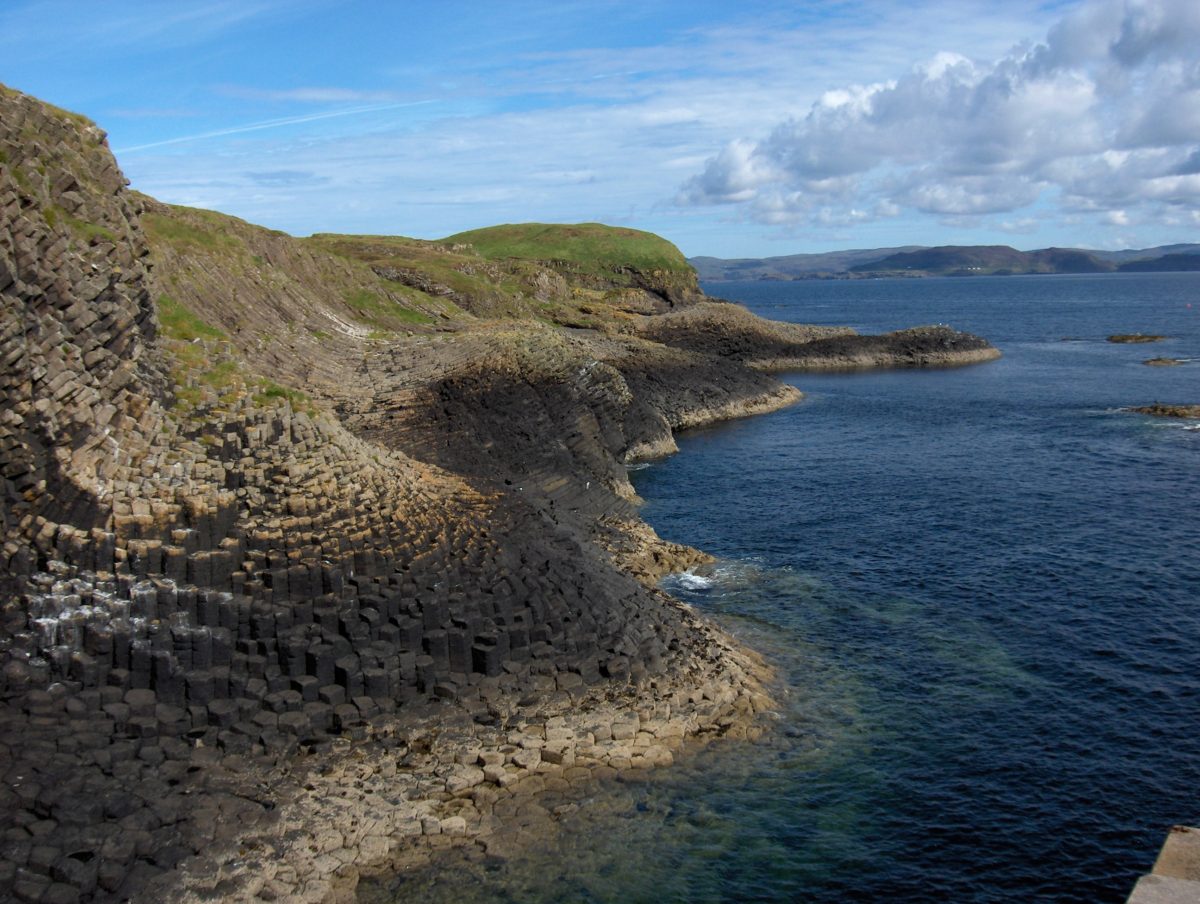Earth Day Every Day
Environment
To be Green or not to be Green?
I grew up in the 1950’s and 1960’s at the height of the cold war. Certainly, the possibility of a nuclear holocaust was a cold reality though for a young pre-teen boy the chill of that reality was, by and large, unnoticed. That is, it was unnoticed until one day I idly picked up a children’s general knowledge magazine that I had until then, ignored. So, I stood, in the tiny hallway of my suburban Dublin home and I read about nuclear fallout and began to understand. Looking at an illustration of a nuclear explosion’s mushroom cloud, innocence dissolved. A part of childhood fell away and the awfulness of human capability wrapped icy fingers around my heart. We had the capacity to utterly destroy ourselves. In fact, we had already rationalised the use of atomic destruction as actually a saving of lives. Further rationalisation had us eyeing each other across an iron curtain and calculating probable survival percentages and arguing justification for pre-emption. We could destroy them just moments before they destroyed us rather than allowing them to destroy us just moments before we destroyed them. Madness!
Today, the madness has not disappeared, it has simply mutated. How might a modern child react to the dawning realisation that not only can we destroy our planet’s environment but that we are capable of twisting logic and denying reality until it is too late and we have already done so? We tell ourselves that it will never happen; that science will save us; that we really need our fuel inefficient cars; that it is the Government’s responsibility; that we have the right to protect a lifestyle for which we have worked so hard; that we ourselves can do nothing.
As a young man, Thomas Merton met a Hindu monk in New York called Bramachari and was very taken by him. Merton says:
He was never sarcastic, never ironical or unkind in his criticisms: in fact he did not make many judgments at all, especially adverse ones…… He would simply make statements of fact, and then burst our laughing – his laughter was quiet and ingenuous, and it expressed his amazement at the very possibility that people should live the way he saw them living all around him. [link][1]
Merton’s meeting with Bramachari was before the Second World War, before the nuclear age and before the environmental crises we face today. I cannot help wondering if Bramachari saw us today, living the way we do, would he allow himself laugh at all.
In his autobiography, “The Seven Storey Mountain”, Merton looks back on his decision, just before the Second World War, to register as a conscientious objector prepared to serve as a front line medic. He reviews his discernment at the time and recalls that he did not see God as asking him to pass judgment on the nations or even on the decisions of others. In so far as he understood it, God was simply asking him to make his own decision in the light of the Good News. Merton writes:
He was asking me to make a choice that amounted to an act of love for His truth, His goodness, His charity, His Gospel… He was asking me to do, to the best of my knowledge, what I thought Christ would do… After all Christ did say. ‘Whatsoever you have done to the least of these my brethren, you did to me.’ [link][2]
We can be good news, today, and respond to our apparently intractable environmental dilemmas, by approaching our personal decision-making in the same way. What would Christ do? How would he respond to God’s truth, goodness and love manifest even in the lillies of the field and in the tiniest sparrows?
The question, for a Christian, then cannot simply be: To be green or not to be green? The question is one of how we can respond to Christ in a world where every sub-atomic particle exists in Christ and is of Christ. This is the meaning of the incarnation and of the ascension. Christ did not come among us for a few years and then go away. He revealed himself as the creative Word of God, held aloft on the cross as the Alpha and the Omega and calling to us for response. What perspective can now remain unchanged? How can the arrogance of assuming an actual stewardship of creation remain unchallenged? How can we any longer disassociate the environment, global economic justice and spirituality? As childhood innocence dissolves in front of television documentaries, how can we leave children without answers? How can any of us say that the environment is not my responsibility?
[1]: The Seven Storey Mountain by Thomas Merton p196 in Living with Wisdom: A Life of Thomas Merton by Jim Forest p49.
[2]: p311–312 and p72
Denis Gleeson 2009. Email: denisrgleeson@gmail.com



